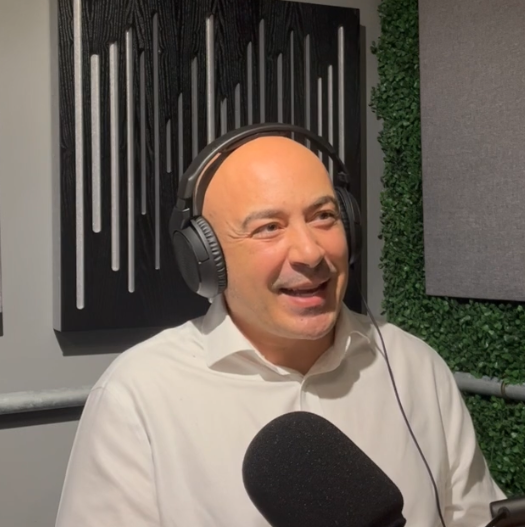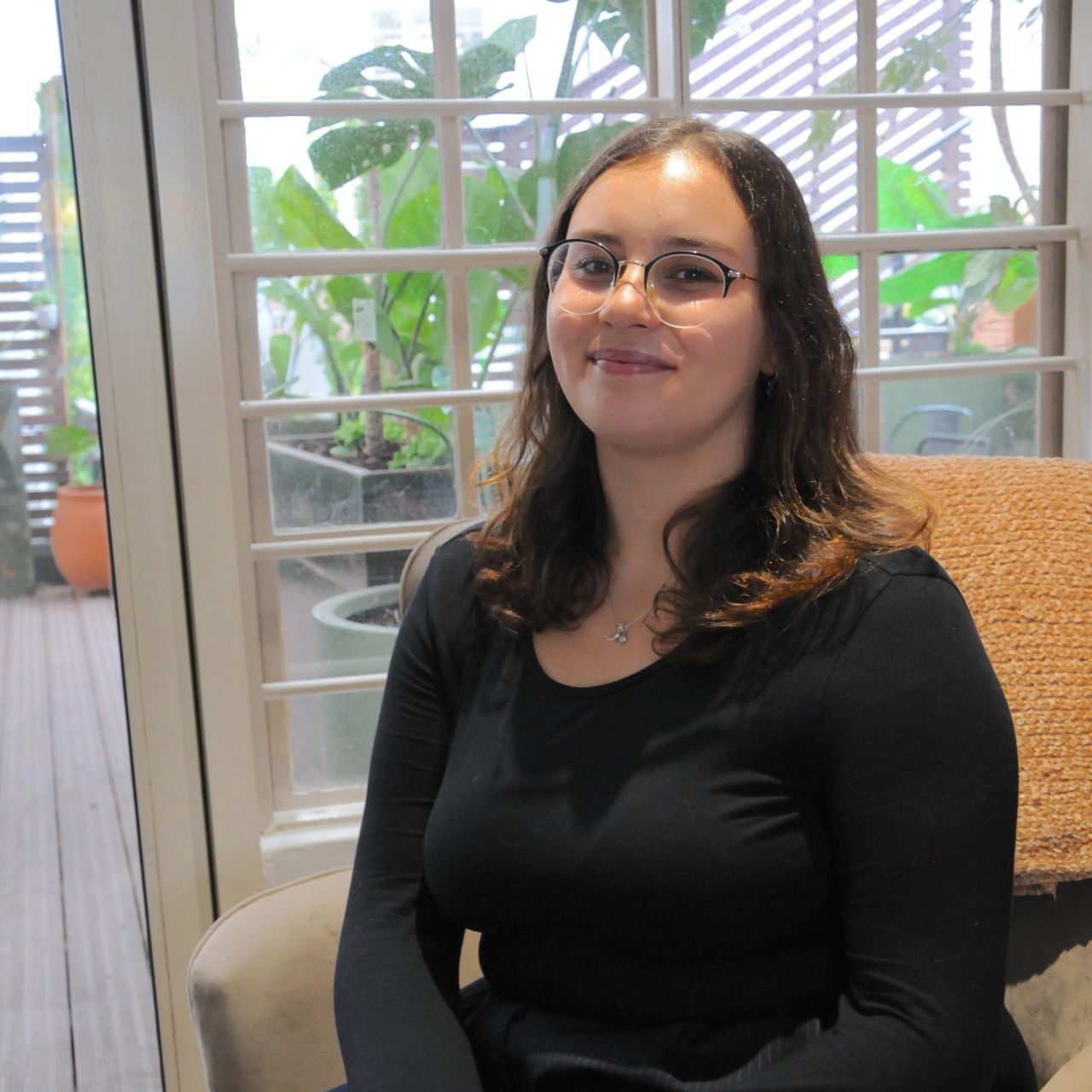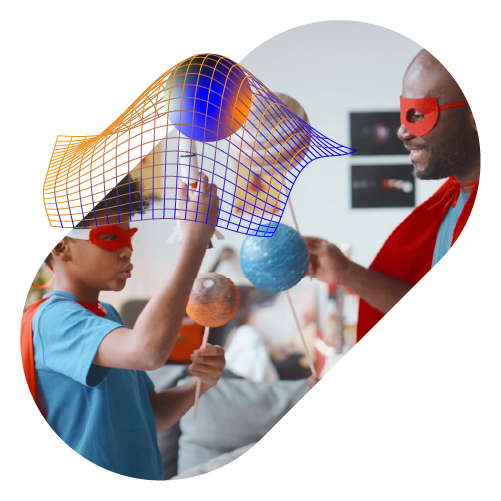CHARLIE’S INTERN EXPERIENCE
May 28, 2025
What if pharmacies became health-and-wellbeing hubs for our communities—not just places to pick up prescriptions?
In the second half of our Science Humanised interview with MD Dom, Austen El-Osta of Imperial College London explores how the self-care revolution is transforming not just patients and the public, but the very heart of our health system: pharmacies, health and care professionals, and the organisations who help connect the dots.
INNOVATIVE PHARMA MARKETING STRATEGIES FOR 2025: HUMAN-CENTRIC APPROACHES IN A DIGITAL AGE
May 20, 2025
What if pharmacies became health-and-wellbeing hubs for our communities—not just places to pick up prescriptions?
In the second half of our Science Humanised interview with MD Dom, Austen El-Osta of Imperial College London explores how the self-care revolution is transforming not just patients and the public, but the very heart of our health system: pharmacies, health and care professionals, and the organisations who help connect the dots.





